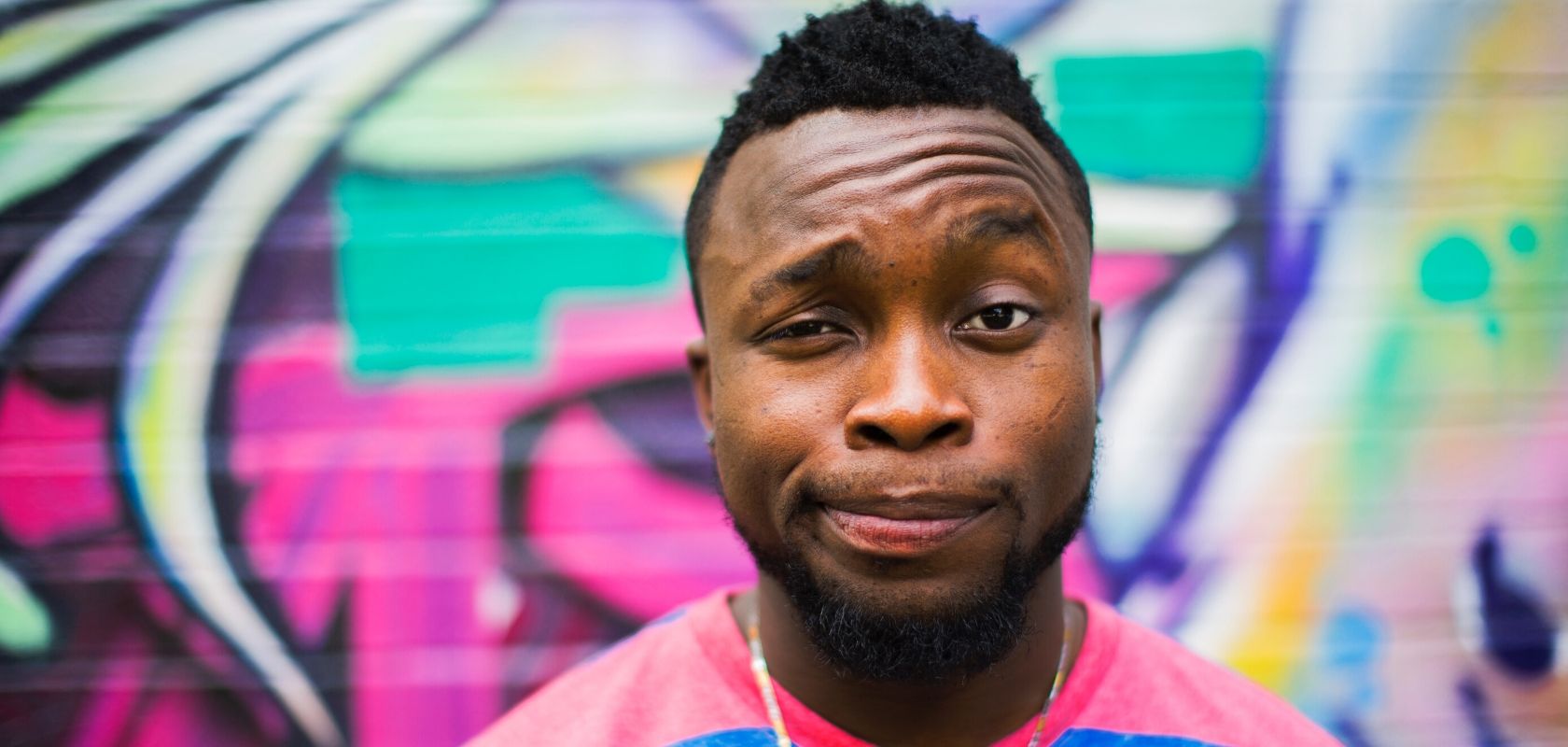In 2012, Facebook unveiled their “Automatic photo sync” feature, which uploaded all your photos to Facebook in the background. At the time, this seemed like a nice opportunity of free backup to unsuspecting users. To Facebook, it was training their facial recognition artificial intelligence.
Today, Facebook can determine with unnerving accuracy whether you are “in this photo.” Facebook also uses their database for verification purposes. People who have been banned from Facebook and create new accounts get asked to share a “selfie” to verify their identity. That selfie is used to determine if you’re among the “ineligible to use Facebook.”
Every day, 100 million selfies are being uploaded to feed these self-learning engines. While the US is still debating the issue and trying to regulate it, the UK has already ruled the use of facial recognition to be constitutional; meaning private companies can use it without notifying the public or authorities.
Canada has started using it in airports. Australia has proposed to use it to verify the age of those who try to watch pornography online. Walgreens in the US has started to use it to present targeted advertising.
https://twitter.com/alexsalvinews/status/1217583364091199490
Representative Alexandria Ocasio-Cortez is among few that are conscious of it and is raising awareness about it. In a House hearing on Wednesday she voiced concerns about all the different insidious ways this technology can be used by “authoritarian regimes.” “That authoritarianism or that immense concentration of power could be done by the state as we see in China but it could also be executed by mass corporations as we see in the US.”
“This is some real like Black Mirror stuff that we’re seeing here,” Ocasio-Cortez said. She additionally raised concerns about the high error rates of identification of black and brown individuals, which is “often undisclosed” according to Meredith Whittaker, co-director of New York University’s AI Now Institute. “The Willie Lynch case in Florida is case in point,” she said in response to Ocasio-Cortez’s critique of the criminal justice system in the US under which defendants “very often don’t get entitled to the evidence against them.”
“I think we need to pause the technology and let the rest of it catch up,” Whittaker said in reference to regulation.













